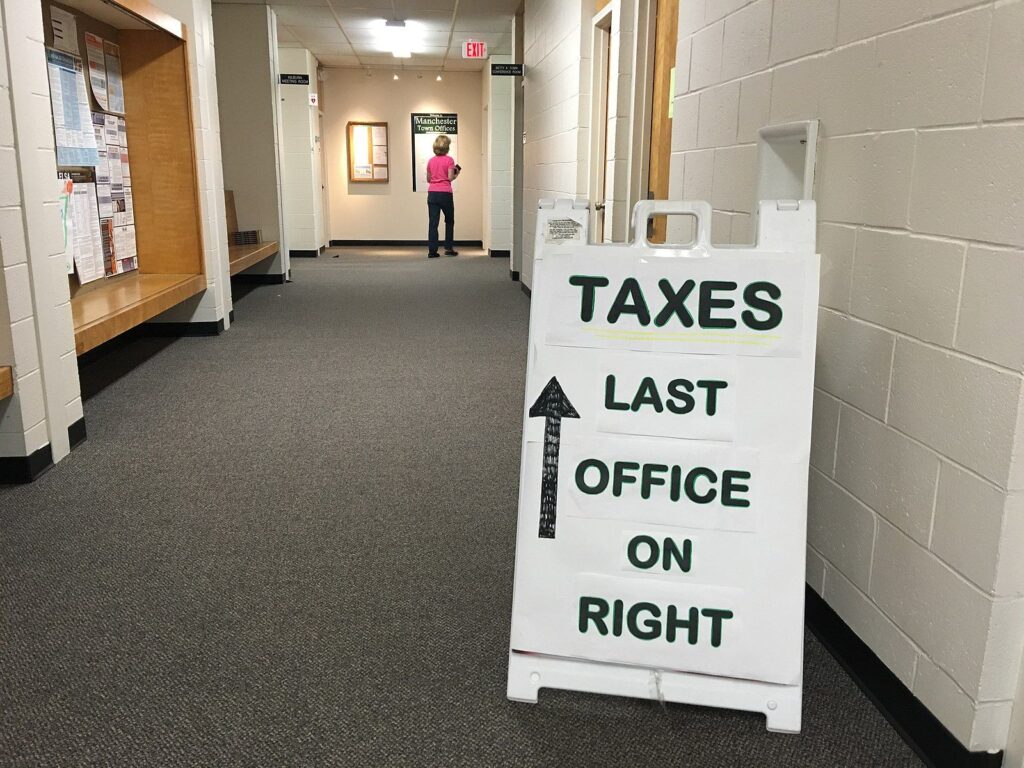Colorado House advances guns bills, local election contribution cap, teacher tax credit | WHAT YOU NEED TO KNOW

Today is March 28, 2023 and here is what you need to know:
The House finally wrapped up the last of a trio of bills on guns following marathon sessions that lasted four days.
The debate had, at times, turned acrimonious, with Democrats at one point deploying the “nuclear option” to shut down a filibuster.
On Monday, House Republicans continued to filibuster and insisted that every bill – even their own, as well as measures that don’t relate to firearms – be read at length, an attempt to slow down the Democrats’ progress on what has become the signature issue of the 2023 session.
Supporters say the proposals would curb gun violence and save lives, while critics call them arbitrary, arguing that, among other points, they would turn law-abiding citizens into criminals.
The last bill on the legislators’ calendar for Monday was Senate Bill 169, which seeks to increase the age for purchasing a firearm from 18 to 21. The other proposals lawmakers are considering would allow victims of gun violence to sue in civil court and expands the list of people who can seek extreme risk protection orders.
Colorado could soon establish a statewide limit on donations made to candidates in local elections, if a new bill is passed into law.
House Bill 1245 would cap donations from individuals at $250 and donations from small-donor committees at $2,500 in municipal elections, among other requirements. The bill cleared its first vote Monday in the House State, Civic, Military and Veterans Affairs Committee.
Bill sponsor Rep. Jennifer Parenti, D-Erie, said the bill is intended to decrease the role of money in local elections, restricting the influence of wealthy individual donors and encouraging candidates to connect with more people in the community.
“Over the past several election cycles, we have seen a disturbing trend in the amount of money pouring into our local elections,” Parenti said of her district. “I can tell you it is having a negative impact on the atmosphere in our community, well beyond the end of election season. … I hope to get in front of this before it becomes a problem for more town across our state.”
Some critics counter that the bill’s provisions are “excessive and unworkable,” calling the measure an administrative burden.
Local elections in many Colorado cities have gotten increasingly expensive in recent years.
More than 90% of teachers spend their own money on classroom supplies, according to the National Education Association.
In Colorado, lawmakers want to put an end to that practice.
If passed into law, House Bill 1208 would reimburse full-time, licensed public school teachers $1,000 each year to pay for school supplies, with a new refundable state income tax credit. The tax credit would run through Jan. 1, 2027.
The bill passed its first vote in the House Education Committee last week.
“Our teachers are incredibly important, some of the most important people who we have in our state, because they’re educating the next generation,” said bill sponsor Rep. Matt Soper, R-Delta. “They’re the ones we need to hold up.”
By 4-3, Colorado’s Supreme Court on Monday ruled the Colorado Oil and Gas Conservation Commission does not have the authority to resolve a contract dispute between a well operator in Garfield County and those who are owed royalties from the extraction operations, putting a stop to a half-decade of ping-ponging between venues.
The majority’s decision was a victory for those who own mineral rights and for the COGCC, which insisted it does not have the resources or expertise to handle contract interpretation in addition to its mission of regulating oil and gas production.
The case questioned the breadth of the commission’s jurisdiction. Although the legislature has empowered it to hear cases involving money owed from oil and gas extraction, that authority does not extend to “a bona fide dispute over the interpretation of a contract.”
Justice Melissa Hart, writing for the majority, explained that any dispute requiring a decision-maker to ascertain the meaning of a contract amounts to “interpretation” that the law prohibits for the COGCC.
Electricity generated from renewables surpassed coal in the United States for the first time in 2022, the U.S. Energy Information Administration announced Monday.
Renewables also surpassed nuclear generation in 2022 after first doing so last year.
Growth in wind and solar significantly drove the increase in renewable energy and contributed 14% of the electricity produced domestically in 2022.
“I’m happy to see we’ve crossed that threshold, but that is only a step in what has to be a very rapid and much cheaper journey,” said Stephen Porder, a professor of ecology and assistant provost for sustainability at Brown University.
California produced 26% of the national utility-scale solar electricity followed by Texas with 16% and North Carolina with 8%.
The most wind generation occurred in Texas, which accounted for 26% of the U.S. total followed by Iowa (10%) and Oklahoma (9%).













